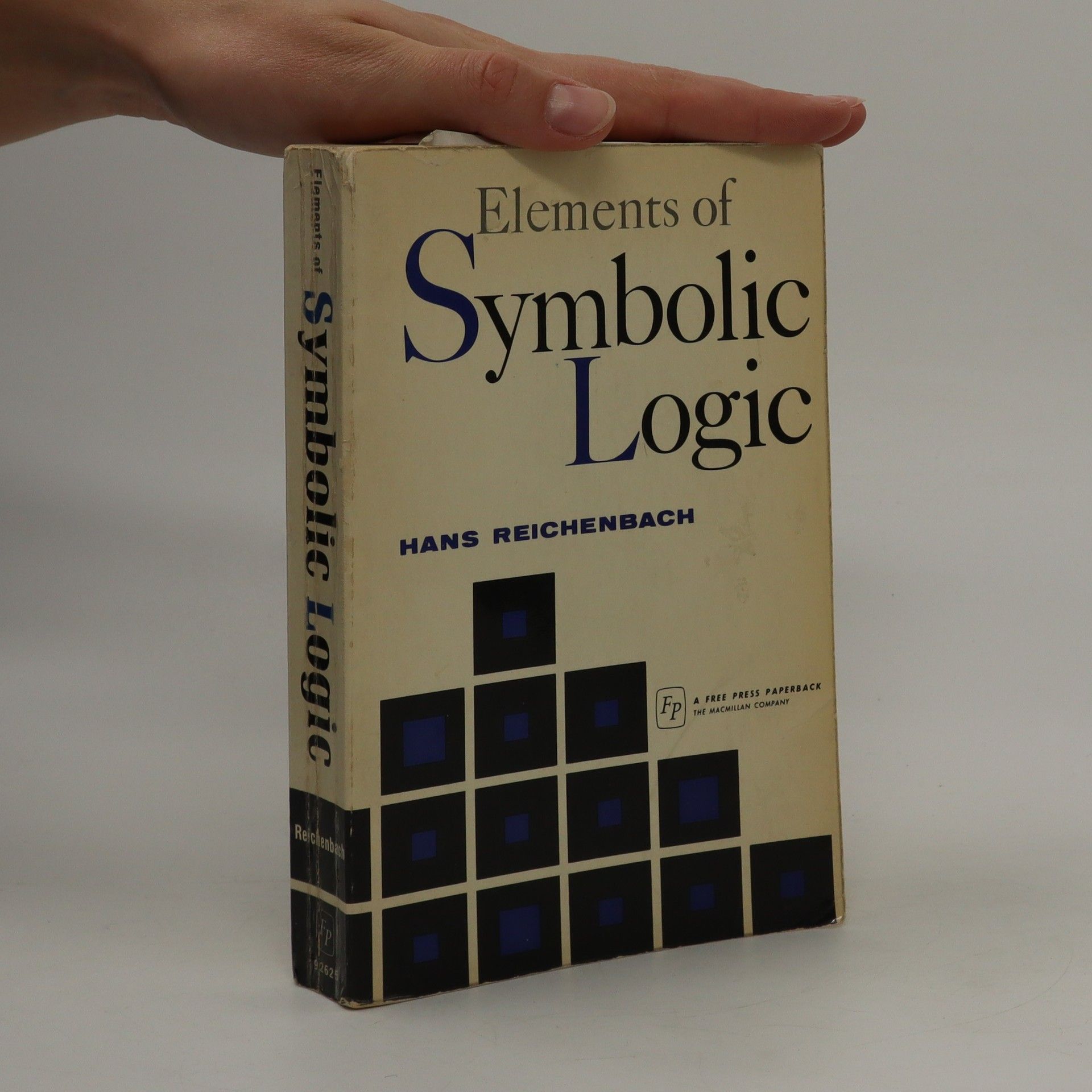Ever a source of philosophical conjecture and debate, the concept of time represents the beating heart of physics. This final work by the distinguished physicist Hans Reichenbach represents the culmination and integration of a lifetime's philosophical contributions and inquiries into the analysis of time. The result is an outstanding overview of such qualitative, or topological, attributes of time as order and direction.Beginning with a discussion of the emotive significance of time, Reichenbach turns to an examination of the time order of mechanics, the time direction of thermodynamics and microstatistics, the time direction of macrostatistics, and the time of quantum physics. He offers coherent explanations of the analytic methods of scientific philosophy in the investigation of probability, quantum mechanics, the theory of relativity, and causality — methods that he not only applies here but also helped to develop and refine.Physics Today observed that "For a generation Professor Reichenbach has worked as almost no other man to bring to the interpretation of modern physics the critical and reflective thinking of a trained philosopher. Most physicists who retain an interest in philosophy, and many who wanted simply to understand physics, have read some of the earlier books of Reichenbach. This one is . . . the best by a good deal." Introduction. Appendix. Index.
Hans Reichenbach Livres






Logický pozitivizmus
- 540pages
- 19 heures de lecture
Tretí zväzok Malej antológie filozofie 20. storočia obsahuje projekty filozofie a filozofie vedy, ktoré vznikli v prvých desaťročiach dvadsiateho storočia a mali charakter scientizácie možného chápania filozofie. Pre toto obdobie je typická predstava, že takmer všekty dôležité problémy súčasnosti nemajú bez využitia vedy veľké šance na úspech. V tomto zväzku sa čitateľ zoznámi s názormi M. Schlicka, R. Carnapa, O. Neuhartha, C. G. Hempela, H. Reichenbacha a A. J. Ayera. editori: F. Mihina, T. Sedová, M. Zouhar
Reichenbachs Logik unterscheidet sich betrAchtlich von anderen gAngigen LogikbA1/4chern. Es ist ein sehr lebendiges Buch, voll interessanter Beispiele und stets mit dem Blick auf die Anwendungen der Logik in der Philosophie und Linguistik. Ein Beispiel fA1/4r Reichenbachs didaktisches Geschick ist die Ausdehnung der Wahrheitstafelmethode auf spiezielle Formeln und PrAdikatenlogik. Von besonderem Wert sind die beiden letzten Kapitel, in denen Reichenbach im Jahre 1947 wohl eine der ersten bedeutenden logischen Analysen der Umgangssprache vorlegte, die auch heute noch von Linguisten sorgfAltig studiert wird.
